Commissioned by Tianqiao & Chrissy Chen
MINDS WIDE OPEN
A documentary that shows how we can advance humanity by unlocking the secrets of the mind.
Winner of
London Brand Film Festival Gold Award (2019)
2 Gold and 1 Bronze World Medals for New York Film Festivals TV & Film Awards (2019)
Gold Standard Award for Broadcast and Video, Hong Kong (2018)
3 Gold Awards for Cannes Corporate Media & TV Awards (2018)

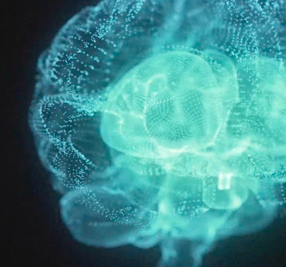
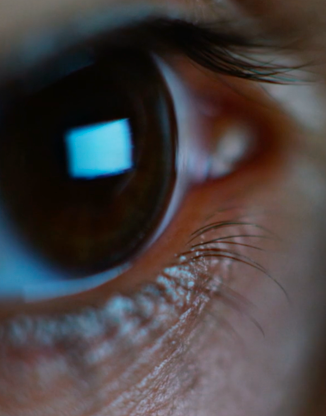
The time for neuroscience is now
We are on the brink of unlocking the potential of the human mind and creating a better world.
This film explores how close we are to major breakthroughs that will lead to curing disease, augmenting the brain and helping humanity
We need to act now to realize this potential. It is only by increasing support for young scientists and fundamental brain research that we can take this important step.
Download our infographic to find out more.
The spirit of discovery
We are on the brink of a number of exciting breakthroughs – discover below what's needed to advance the science and unlock the secrets of the human mind.
Fundamental Research
Young Scientists
Technology & Applications
Medical Science
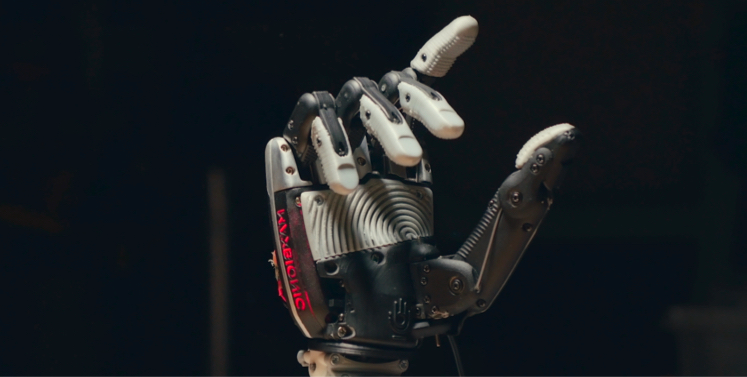
4
Technology & Applications
Understanding exactly how the brain functions will lead to major technology breakthroughs in next-generation Artificial Intelligence. It will also lead to perfecting the brain-machine interface, which can enable mind control of prosthetics and robots, or augmentation of our minds.

1
Fundamental Research
By understanding how our brain develops and functions at cellular or neuronal levels, we’ll be able to advance the science, develop new technology, solve disease and disorders and unlock our mind’s full potential.
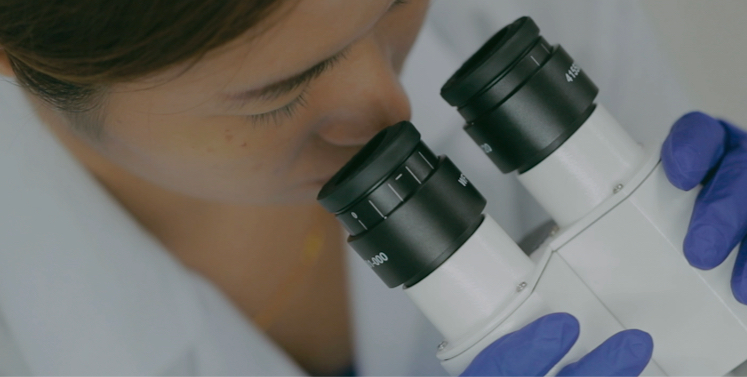
2
Young Scientists
Most major breakthroughs in modern times have been made by scientists under the age of 40. It is critical to encourage more young people to enter the field and to support them in their research.
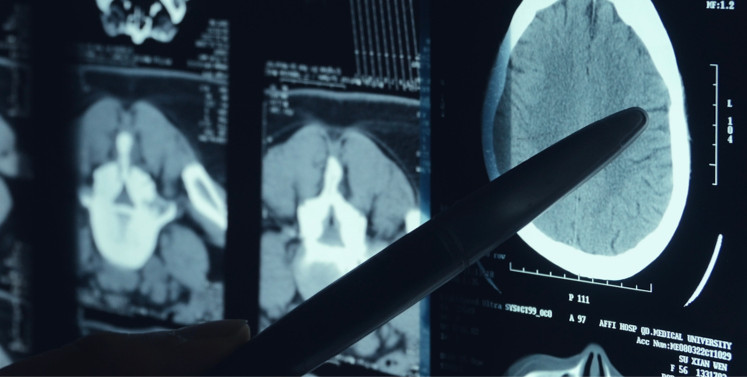
3
Medical Science
One can’t ignore the importance of clinical and medical investigation as it relates to brain science. Studying brain function within the cortical network or cerebellum, for example, will help us treat brain and cerebrovascular disease, tumors and trauma.

4
Technology & Applications
Understanding exactly how the brain functions will lead to major technology breakthroughs in next-generation Artificial Intelligence. It will also lead to perfecting the brain-machine interface, which can enable mind control of prosthetics and robots, or augmentation of our minds.

1
Fundamental Research
By understanding how our brain develops and functions at cellular or neuronal levels, we’ll be able to advance the science, develop new technology, solve disease and disorders and unlock our mind’s full potential.
Meet the pioneers
These world-leading scientists are advancing brain research around the world.
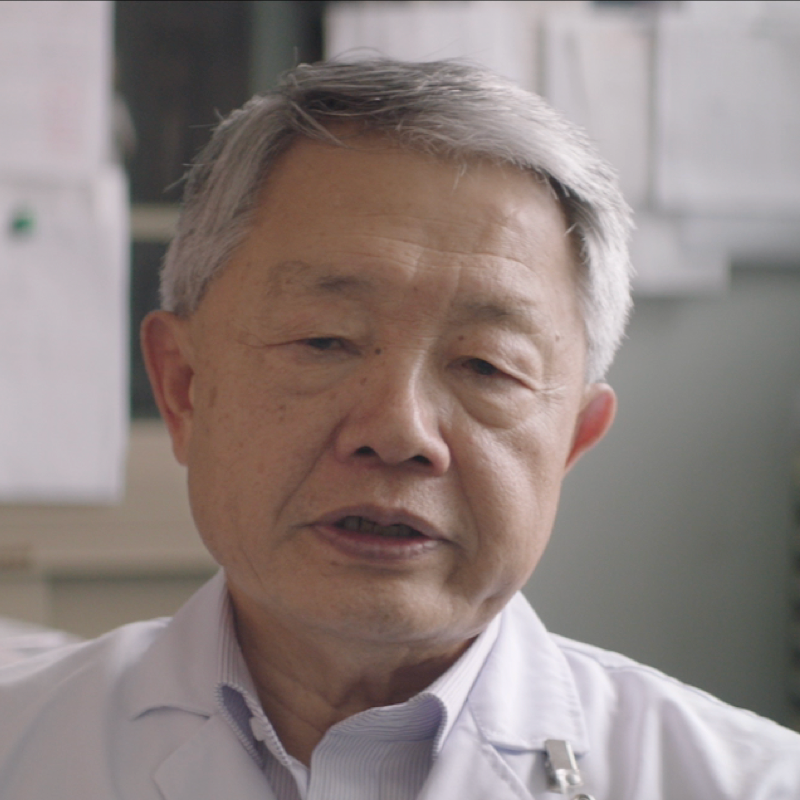
"We are faced with more than 500 kinds of brain disease which are not yet resolved such as mental illness, cerebrovascular disease, tumors and trauma. I have performed more than 10,000 surgeries, studied brain and cortex function. Neuroscience is critical to the future development of mankind."
Watch the clipLiangfu Zhou, MD, PhD
Huashan Hospital, Fundan University
Vice Chairman of Tianqiao and Chrissy Chen Institute (Shanghai)
Director Department of Neurosurgery
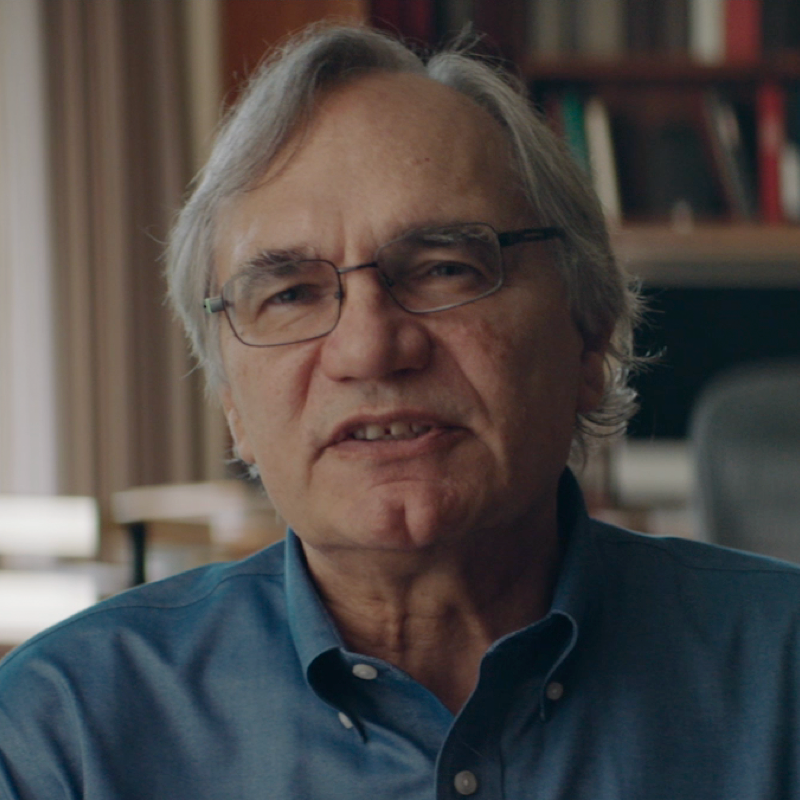
"It takes my breath away every time I see the subject sitting there in his or her wheelchair being able to, just through their thoughts, control robotic limbs or play a virtual piano or type on a virtual keyboard."
Watch the clipRichard A. Andersen, PhD
Caltech
Tianqiao and Chrissy Chen Brain-Machine Interface Center Director and Leadership Chair
James G. Boswell Professor of Neuroscience
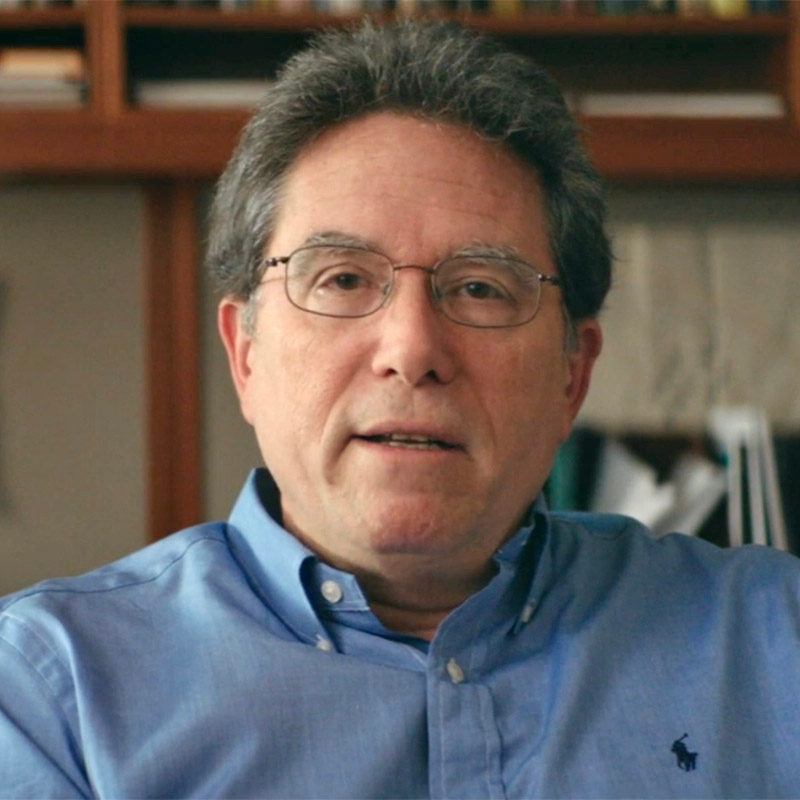
"The motivation for inquiry into the brain is twofold. One is to satisfy our innate curiosity about how this complex machine works. The other is to try to gain understanding that will help improve human health and welfare in general."
Watch the clipDavid Anderson, PhD
Caltech
Director of the Tianqiao and Chrissy Chen Institute for Neuroscience at Caltech
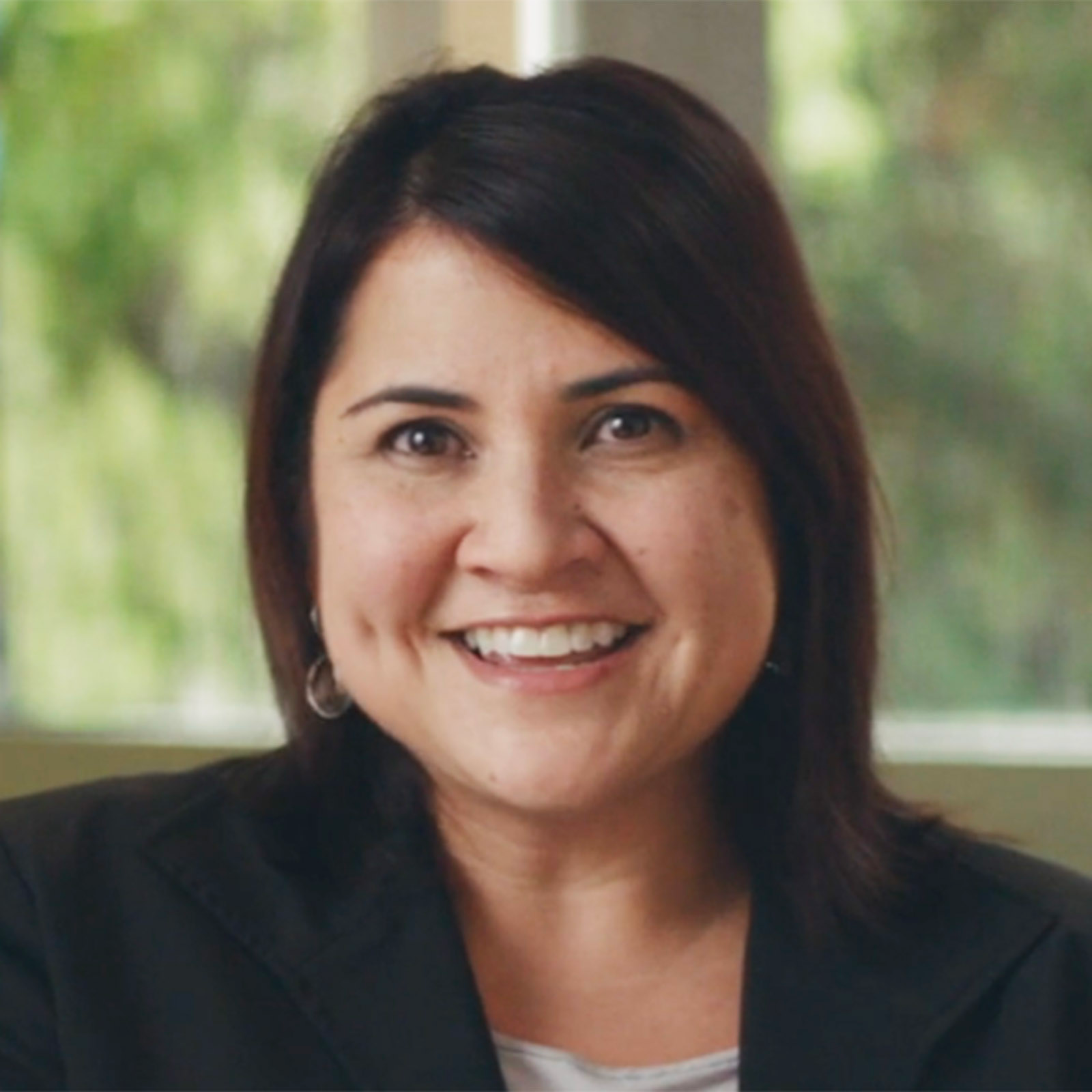
"The possibilities of understanding and curing disorders, treating psychiatric illness, and then to understand basic science, I think we're at the tipping point now. The benefits for everyone will be just enormous."
Watch the clipDiana Bautista, PhD
University of California, Berkeley
Associate Professor
Department of Molecular & Cell Biology
Helen Wills Neuroscience Institute
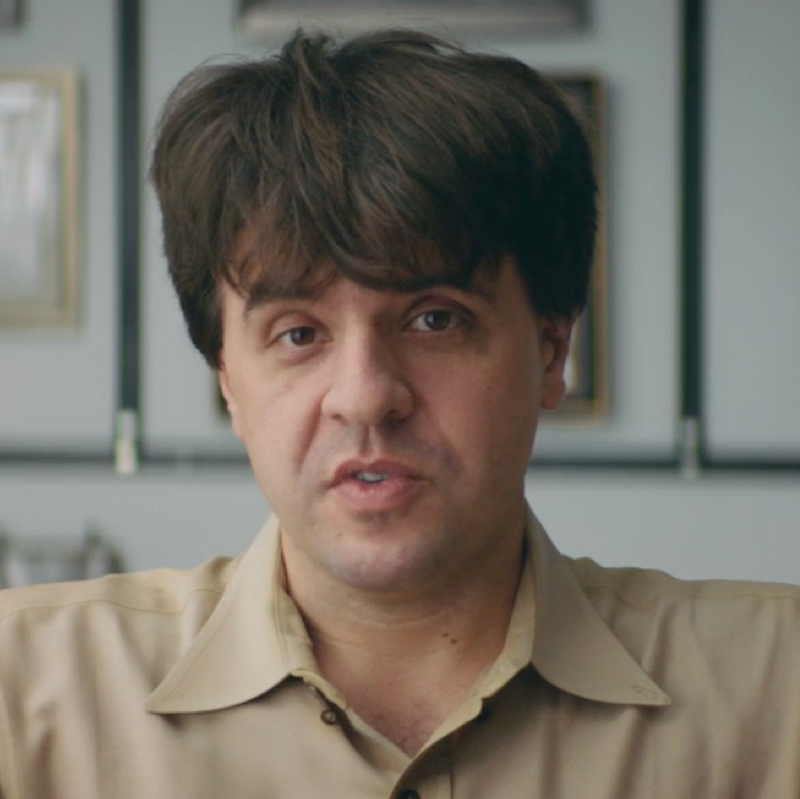
The human brain is the source of cognition, thought, feeling, emotion, planning. It's perhaps the most complicated object in the universe, and we don’t really understand how it does what it does. That's what makes it such a wonderful object to study.
Karl Deisseroth, MD, PhD
Stanford University
Professor of Bioengineering and of Psychiatry and Behavioral Sciences D.H. Chen Professor
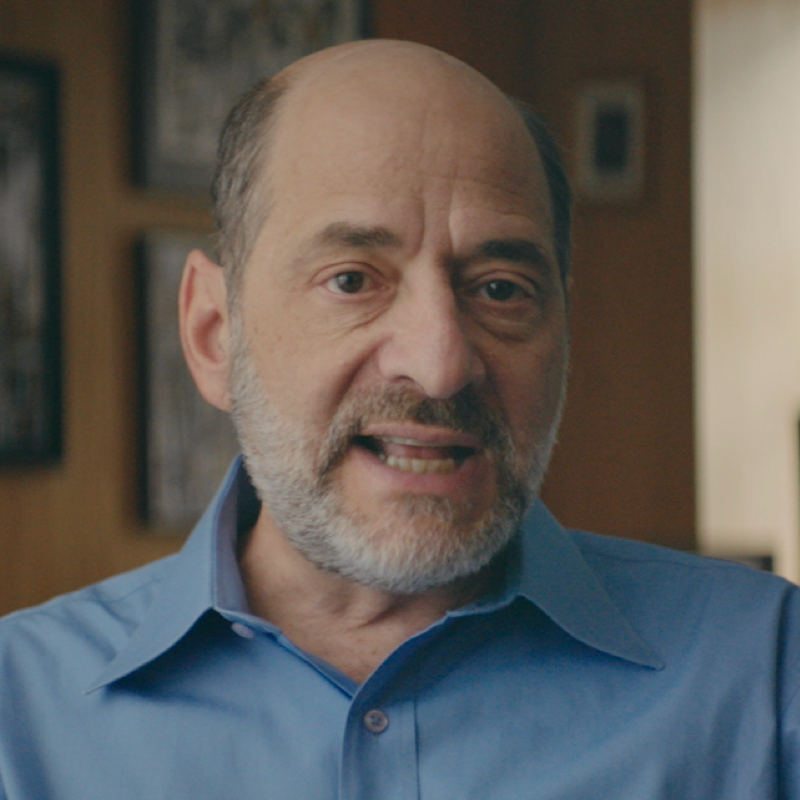
"Millions of years of evolution have had [an] impact to make a structure that's truly amazing; that endows us with the capacity to engage in art, in learning, in communication, in language - the most amazing abilities."
Michael E. Greenberg, PhD
Harvard University
Nathan Marsh Pusey Professor of Neurobiology and Chair of the Department of Neurobiology
Harvard Medical School Co-Director
Harvard Brain Science Initiative
Harvard University
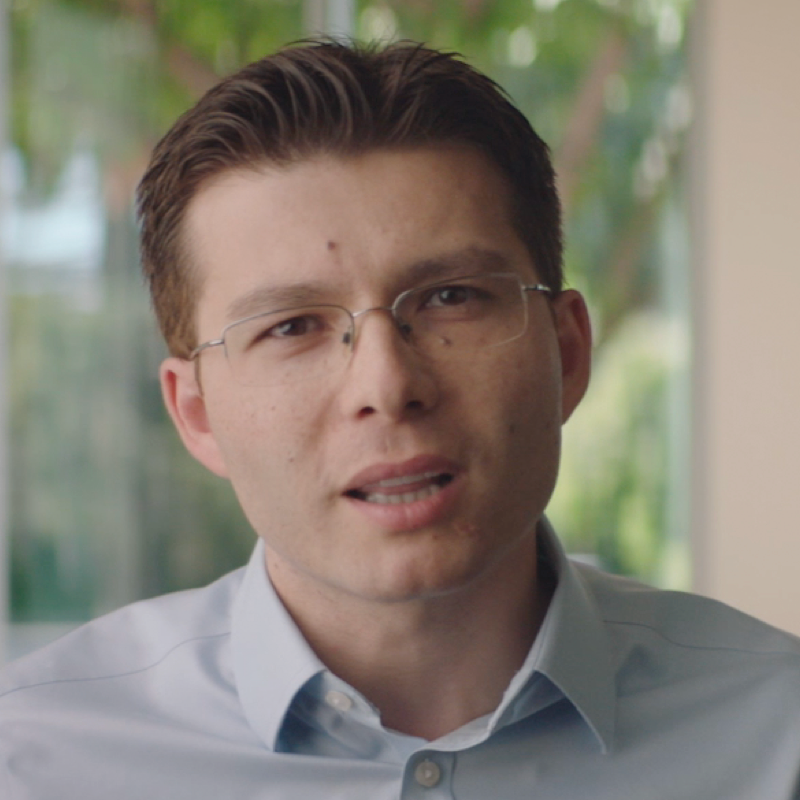
"I actually did not start by being fascinated by neuroscience. Meeting one of my first patients with autism is what really made a difference. Seeing the struggles of the parents and realizing how complex and puzzling this disorder really was, is what drew me towards the brain and brain disorders."
Sergiu P. Pasca, MD
Stanford University
Assistant Professor of Psychiatry and Behavioral Sciences
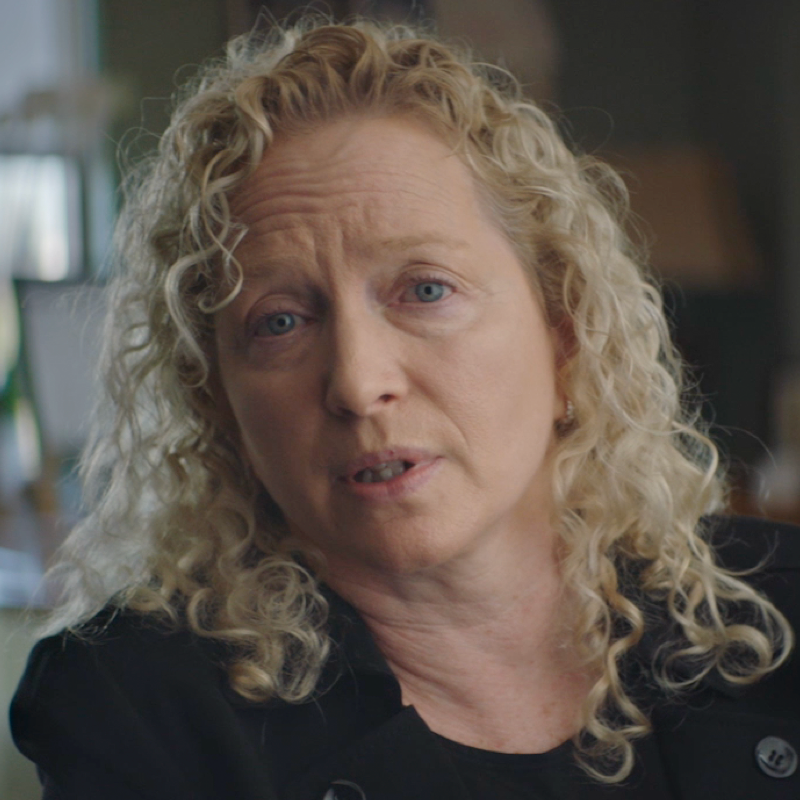
"It's very exciting to be in the field right now. We've just got such amazingly creative neuroscientists throughout the world and these very different techniques. Instead of inferring what happens in the brain, we can directly query what's happening in brain circuits or at the level of the cell that leads to a particular brain disorder."
Laura Roberts, MD, MA
Stanford University
Chair of the Department of Psychiatry and Behavioral Sciences
Katharine Dexter McCormick and Stanley McCormick Memorial Professor in the School of Medicine
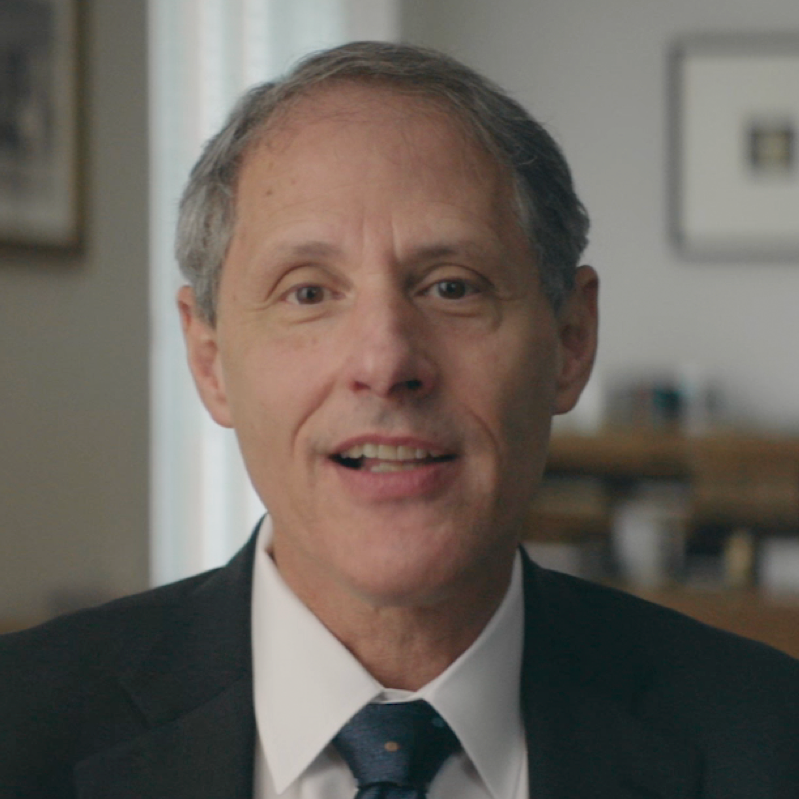
"We have an opportunity now like we've had few times before to move forward at a rapid pace, take full advantage of the skills of more and more young people across the world, and to be able to excite them about contributing to the betterment of the human condition."
Thomas F. Rosenbaum, PhD
Caltech
President
Sonja and William Davidow Presidential Chair
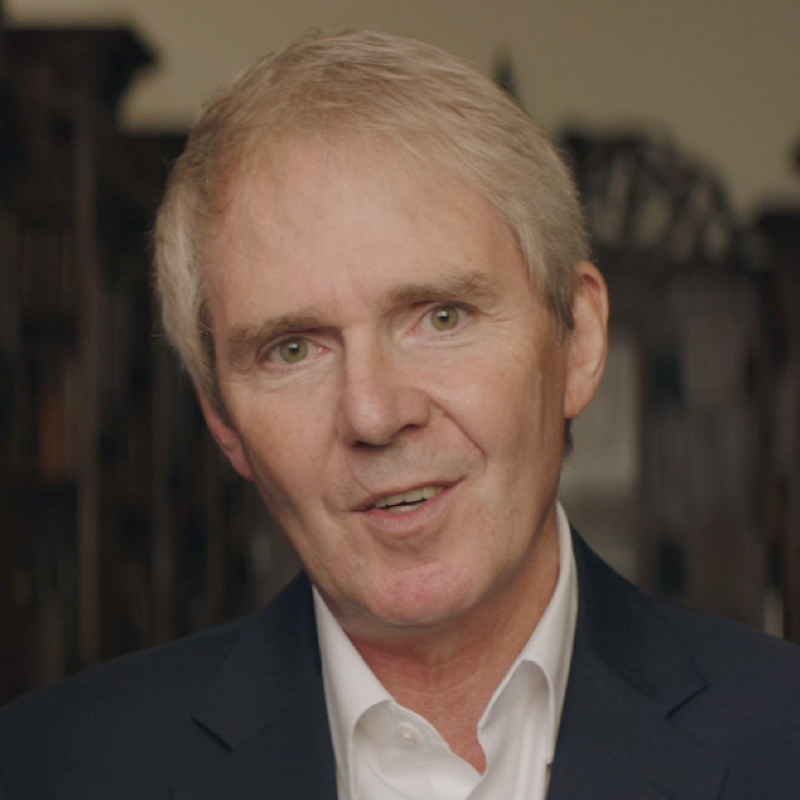
"I remain incredibly excited by Artificial Intelligence. In some respects, it's the most exciting time to be in the field. I think it's because we see momentum, a general awareness, levels of funding, levels of actual deployment of real systems, where people can say, that's actually AI."
Watch the clipSir Nigel Shadbolt, PhD
Jesus College, Oxford University
Principal and Professorial Research Fellow in Computer Science
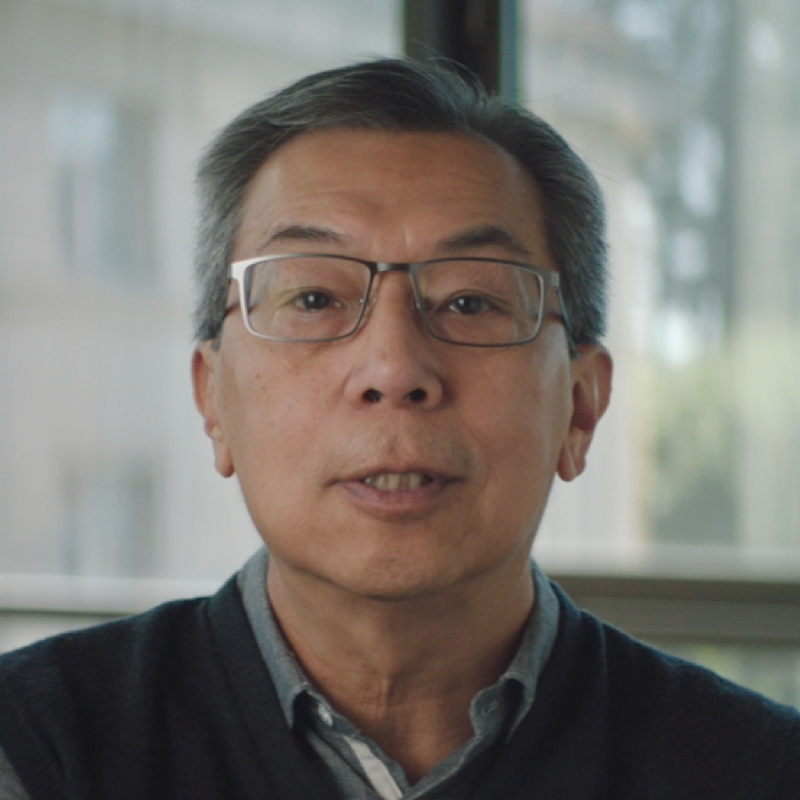
"I remain incredibly excited by Artificial Intelligence. In some respects, it's the most exciting time to be in the field. I think it's because we see momentum, a general awareness, levels of funding, levels of actual deployment of real systems, where people can say, that's actually AI."
Robert Tjian, PhD
University of California, Berkeley
Professor of Biochemistry, Biophysics and Structural Biology
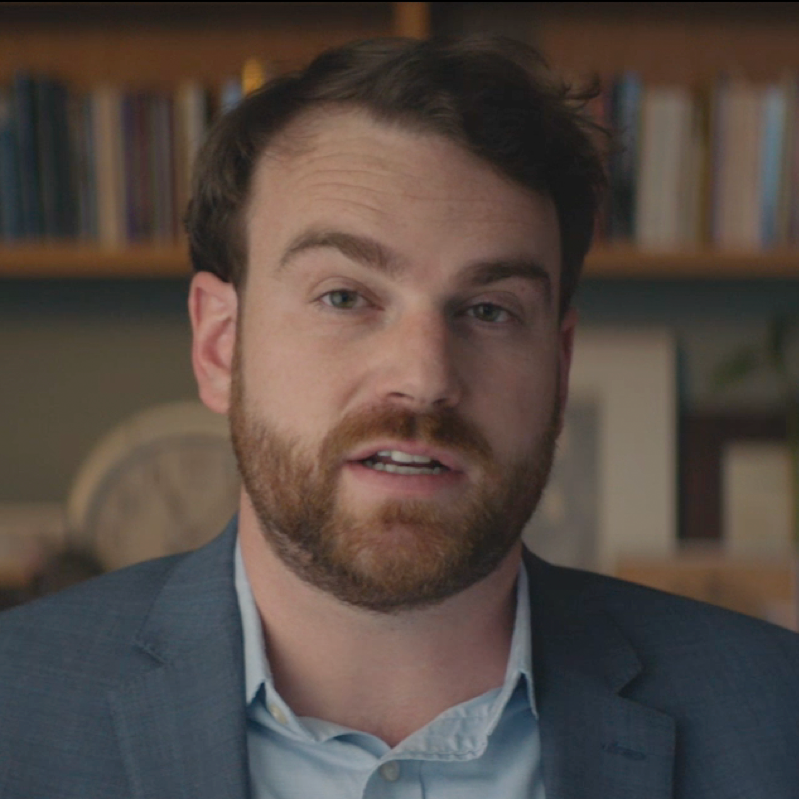
"Depression is the number one, most disabling condition in the world. Trans-Cranial Stimulation (TMS) allows us to help treatment-resistant patients who don’t normally have treatment options and would allow us to save a lot of lives."
Nolan Williams, MD
Stanford University
Clinical Assistant Professor of Psychiatry and Behavioral Sciences

"We are faced with more than 500 kinds of brain disease which are not yet resolved such as mental illness, cerebrovascular disease, tumors and trauma. I have performed more than 10,000 surgeries, studied brain and cortex function. Neuroscience is critical to the future development of mankind."
Watch the clipLiangfu Zhou, MD, PhD
Huashan Hospital, Fundan University
Vice Chairman of Tianqiao and Chrissy Chen Institute (Shanghai)
Director Department of Neurosurgery

"It takes my breath away every time I see the subject sitting there in his or her wheelchair being able to, just through their thoughts, control robotic limbs or play a virtual piano or type on a virtual keyboard."
Watch the clipRichard A. Andersen, PhD
Caltech
Tianqiao and Chrissy Chen Brain-Machine Interface Center Director and Leadership Chair
James G. Boswell Professor of Neuroscience
Global excellence
Scientists from some of the most respected institutions all over the world were interviewed for this film.




















The Documentary
Available now on iTunes, Google Play and Amazon Prime Video
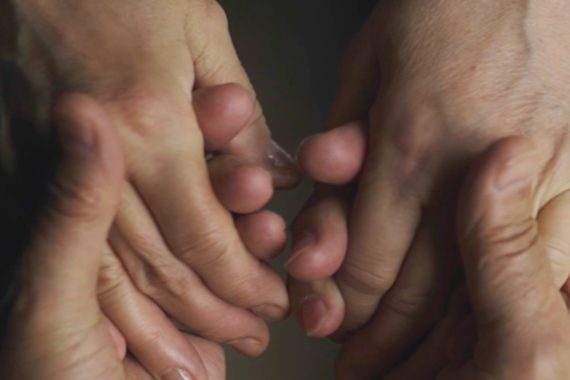
Sign up
Sign up to receive occasional updates about the Tianqiao and Chrissy Chen Institute.
Why does neuroscience matter?
Why do you young scientists play such an important role?
Why is more support needed for fundamental brain science?
Why Did the Tianqiao and Chrissy Chen Institute (TCCI®) make this film?
Brain Research
© 2025 Tianqiao and Chrissy Chen Institute